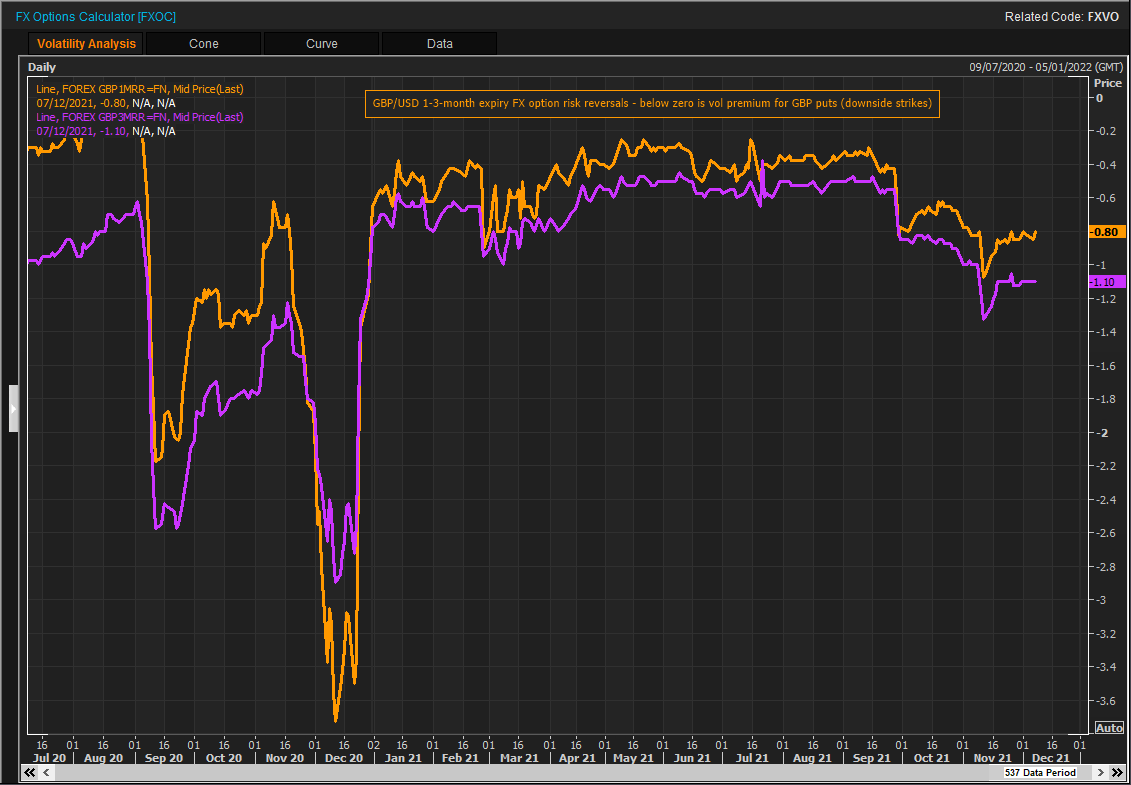
Investing in stocks is a good way to earn a profit. There is always risk involved with investing in stocks. Investors should take the time to establish a strong foundation before investing all their capital.
A critical step in buying stocks is selecting the right investment vehicle. You can choose to invest in stock mutual funds or index funds depending on your risk tolerance and goals. Each comes with its own advantages and disadvantages, so it's important to evaluate your options before making a final decision.
Depending on how experienced you are, you can choose between an online brokerage or a full-service brokerage. A full-service brokerage can offer all of the investment services that you will need to get started. An online broker can help you find the tools and information needed to invest in stocks.

Online brokers can offer you a wide variety of options for investing in stocks, including the ability to buy and sell individual shares. Paper trading is also offered by some brokers. This allows you to simulate the stock market before investing in real money.
Online brokers offer access to stock quotes and market data in real time. They can provide tools that will help you track and manage your investments. They can assist you in setting up automatic transfers to an account so you can contribute regularly to your portfolio.
The first step in buying stock online is to open a brokerage account. This step may take less than fifteen minutes. It is necessary to enter some basic personal information to get started. But once you have your account set up, access to the markets will be instant.
Next, you will need to decide how many shares to invest. An investor might start with one share. A seasoned investor may prefer to have a portfolio that includes several shares. The amount that you're willing or able to spend will depend on several factors such as your budget and risk tolerance.

After you have decided on how many shares you want to invest, you need to set a limit. You'll want to decide how much money you'll spend on each share and set a stop price, which is the price you'll pay for each share if the price goes down. You'll also want to choose a broker with a minimum investment amount. Some brokers also offer fractional shares that allow you buy high-end stocks for a fraction.
Buying stocks online can be a great way to learn about investments and how to select the right stocks. Stock trading is often associated to multimillion-dollar conglomerates. However, even beginners can make money in this field.
If you are new to investing in stocks it is important to only invest with money that you can afford. In case of an emergency, you should have cash reserves.
FAQ
Are bonds tradeable
Yes, they are. They can be traded on the same exchanges as shares. They have been traded on exchanges for many years.
You cannot purchase a bond directly through an issuer. They must be purchased through a broker.
This makes it easier to purchase bonds as there are fewer intermediaries. This means you need to find someone willing and able to buy your bonds.
There are several types of bonds. There are many types of bonds. Some pay regular interest while others don't.
Some pay quarterly interest, while others pay annual interest. These differences make it easy compare bonds.
Bonds can be very helpful when you are looking to invest your money. If you put PS10,000 into a savings account, you'd earn 0.75% per year. This amount would yield 12.5% annually if it were invested in a 10-year bond.
If you put all these investments into one portfolio, then your total return over ten-years would be higher using bond investment.
What are some of the benefits of investing with a mutual-fund?
-
Low cost - purchasing shares directly from the company is expensive. It's cheaper to purchase shares through a mutual trust.
-
Diversification – Most mutual funds are made up of a number of securities. One security's value will decrease and others will go up.
-
Professional management – professional managers ensure that the fund only purchases securities that are suitable for its goals.
-
Liquidity – mutual funds provide instant access to cash. You can withdraw your money whenever you want.
-
Tax efficiency- Mutual funds can be tax efficient. Because mutual funds are tax efficient, you don’t have to worry much about capital gains or loss until you decide to sell your shares.
-
Purchase and sale of shares come with no transaction charges or commissions.
-
Mutual funds are simple to use. You will need a bank accounts and some cash.
-
Flexibility - you can change your holdings as often as possible without incurring additional fees.
-
Access to information- You can find out all about the fund and what it is doing.
-
Investment advice - you can ask questions and get answers from the fund manager.
-
Security - Know exactly what security you have.
-
Control - The fund can be controlled in how it invests.
-
Portfolio tracking – You can track the performance and evolution of your portfolio over time.
-
Easy withdrawal: You can easily withdraw funds.
Investing through mutual funds has its disadvantages
-
There is limited investment choice in mutual funds.
-
High expense ratio – Brokerage fees, administrative charges and operating costs are just a few of the expenses you will pay for owning a portion of a mutual trust fund. These expenses can reduce your return.
-
Lack of liquidity-Many mutual funds refuse to accept deposits. They must only be purchased in cash. This restricts the amount you can invest.
-
Poor customer service - there is no single contact point for customers to complain about problems with a mutual fund. Instead, you need to contact the fund's brokers, salespeople, and administrators.
-
Risky - if the fund becomes insolvent, you could lose everything.
What is security in the stock market?
Security is an asset that generates income. Shares in companies are the most popular type of security.
A company may issue different types of securities such as bonds, preferred stocks, and common stocks.
The value of a share depends on the earnings per share (EPS) and dividends the company pays.
When you buy a share, you own part of the business and have a claim on future profits. If the company pays a payout, you get money from them.
You can sell shares at any moment.
What's the difference between a broker or a financial advisor?
Brokers are individuals who help people and businesses to buy and sell securities and other forms. They handle all paperwork.
Financial advisors have a wealth of knowledge in the area of personal finances. They help clients plan for retirement and prepare for emergency situations to reach their financial goals.
Banks, insurers and other institutions can employ financial advisors. You can also find them working independently as professionals who charge a fee.
Take classes in accounting, marketing, and finance if you're looking to get a job in the financial industry. You'll also need to know about the different types of investments available.
Why are marketable Securities Important?
An investment company's primary purpose is to earn income from investments. This is done by investing in different types of financial instruments, such as bonds and stocks. These securities are attractive because they have certain attributes that make them appealing to investors. They can be considered safe due to their full faith and credit.
A security's "marketability" is its most important attribute. This refers to the ease with which the security is traded on the stock market. If securities are not marketable, they cannot be purchased or sold without a broker.
Marketable securities include common stocks, preferred stocks, common stock, convertible debentures and unit trusts.
These securities are a source of higher profits for investment companies than shares or equities.
Are stocks a marketable security?
Stock can be used to invest in company shares. This is done by a brokerage, where you can purchase stocks or bonds.
You could also invest directly in individual stocks or even mutual funds. In fact, there are more than 50,000 mutual fund options out there.
The difference between these two options is how you make your money. Direct investment allows you to earn income through dividends from the company. Stock trading is where you trade stocks or bonds to make profits.
In both cases, ownership is purchased in a corporation or company. If you buy a part of a business, you become a shareholder. You receive dividends depending on the company's earnings.
Stock trading gives you the option to either short-sell (borrow a stock) and hope it drops below your cost or go long-term by holding onto the shares, hoping that their value increases.
There are three types to stock trades: calls, puts, and exchange traded funds. Call and put options let you buy or sell any stock at a predetermined price and within a prescribed time. ETFs, which track a collection of stocks, are very similar to mutual funds.
Stock trading is very popular because it allows investors to participate in the growth of a company without having to manage day-to-day operations.
Stock trading is not easy. It requires careful planning and research. But it can yield great returns. You will need to know the basics of accounting, finance, and economics if you want to follow this career path.
Statistics
- Our focus on Main Street investors reflects the fact that American households own $38 trillion worth of equities, more than 59 percent of the U.S. equity market either directly or indirectly through mutual funds, retirement accounts, and other investments. (sec.gov)
- "If all of your money's in one stock, you could potentially lose 50% of it overnight," Moore says. (nerdwallet.com)
- Individuals with very limited financial experience are either terrified by horror stories of average investors losing 50% of their portfolio value or are beguiled by "hot tips" that bear the promise of huge rewards but seldom pay off. (investopedia.com)
- Ratchet down that 10% if you don't yet have a healthy emergency fund and 10% to 15% of your income funneled into a retirement savings account. (nerdwallet.com)
External Links
How To
How do I invest in bonds
An investment fund is called a bond. They pay you back at regular intervals, despite the low interest rates. You make money over time by this method.
There are many ways to invest in bonds.
-
Directly buying individual bonds
-
Buy shares of a bond funds
-
Investing via a broker/bank
-
Investing via a financial institution
-
Investing through a pension plan.
-
Directly invest through a stockbroker
-
Investing through a Mutual Fund
-
Investing via a unit trust
-
Investing in a policy of life insurance
-
Private equity funds are a great way to invest.
-
Investing through an index-linked fund.
-
Investing through a hedge fund.